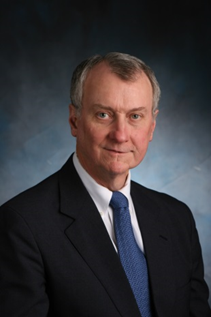
A Martin Gerdes
New York Institute of Technology- College of Osteopathic Medicine, USA
Title: Treatment of thyroid dysfunction in heart failure: Are we paralyzed by fear?
Biography
Biography: A Martin Gerdes
Abstract
Many studies have shown benefits from thyroid hormone (TH) treatment of cardiovascular diseases such as heart failure (HF). However, several poorly designed clinical studies using toxic doses of TH analogs convinced the medical community that TH treatment of heart diseases was too risky, primarily due to increased risk of inducing arrhythmias. Due to a steady stream of positive new information, however, this issue has not gone away. Over the years, we have learned many things about low TH function and heart diseases. In many studies, low TH function has been linked to increased mortality in patients with various heart diseases. Many short term clinical studies also showed improvement in cardiac patients treated with THs. A key animal study clearly demonstrated that hypothyroidism alone can eventually cause HF with maladaptive myocyte remodeling and impaired coronary blood flow. Cumulatively, animal studies suggest that all types of heart disease lead to low cardiac tissue T3 levels. One has to ask the question, why is there so much opposition to a drug that improves systolic/diastolic function, improves coronary blood flow, inhibits myocardial fibrosis, reverses fetal gene expression, and new data suggest also reduces arrhythmias? There are good reasons to be apprehensive. But, is fear of overtreatment unreasonable? Is there a safe, therapeutic window for TH treatment of heart diseases, including heart failure? Over the past few years, animal research in our lab has focused on answering the critical questions that have blocked progress to translation in this field. These results will be discussed.
